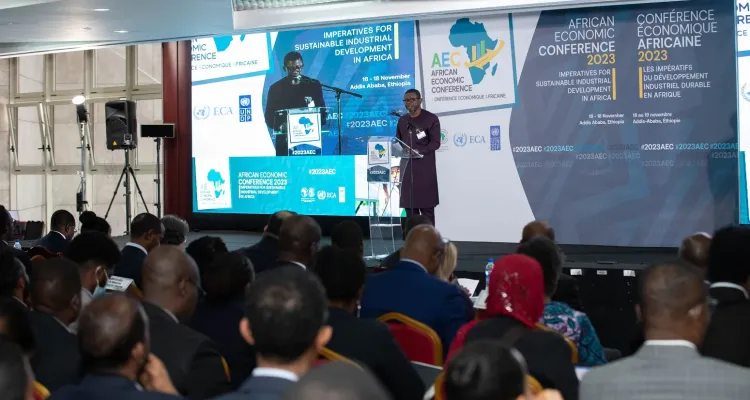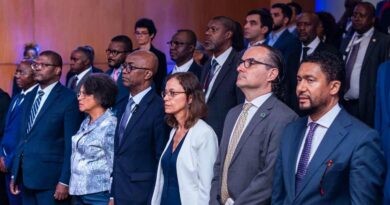African Economic Conference Calls for Stronger Political Will and Transformative Policies to Drive Industrialisation
Delegates at the 2023 African Economic Conference have emphasized the urgent need for African countries to demonstrate stronger political will and implement new policies to advance industrialization.
Under the theme “Imperatives for Sustainable Industrial Development in Africa,” the three-day conference, organized by the African Development Bank, the United Nations Economic Commission for Africa, and the United Nations Development Programme, kicked off in Addis Ababa.
Ethiopian President Sahle-Work Zewde, in her welcome address, highlighted the crucial role of industrialization as a driver of inclusive economic growth.
She stressed the necessity for African nations to build robust industrial sectors capable of withstanding external shocks, especially in the wake of lessons learned from the COVID-19 pandemic.
Despite Africa being home to some of the world’s fastest-growing economies and a youthful population, industrialization and economic transformation have been slow compared to other regions.
Claver Gatete, the United Nations Under-Secretary-General and Executive Secretary of the Economic Commission for Africa (ECA), urged the conference to explore policies and institutional capacities necessary for sustainable industrialization and inclusive development.
Gatete emphasized the importance of implementing the African Continental Free Trade Area (AfCFTA) agreement, a sentiment echoed by African Development Bank’s Chief Economist and Vice President Kevin Urama.
Urama urged African countries to adopt transformative policies that accelerate indigenous manufacturing capacity and encourage the consumption of locally made products.
“Africans need to think African, produce African, and consume African to encourage indigenous industrial development in Africa,” said Urama, proposing strategic industrial policies that support local production, consumption, and value chain development.
In a virtual address, Ms. Fatou Haidara, Deputy Director-General of the United Nations Industrial Development Organization (UNIDO), highlighted Africa’s potential for success, citing the young population, vibrant small and medium enterprises, renewable energy potential, and abundant natural resources.
She underscored the necessity for local manufacturing capacity, inclusive access to global financial markets, sustainable value chains, and climate action for a prosperous Africa.
The Director of the Regional Service Centre at the United Nations Development Programme, Matthias Naab, emphasized the promotion of mutually beneficial public-private partnerships committed to manufacturing in Africa.
He also praised the growing recognition of youth in development policies, emphasizing their role as the industrialists of today and tomorrow.
The conference aims to foster dialogue among experts, the private sector, researchers, and young people to address the challenges and prospects of industrialization in Africa.
As discussions unfold, there is a collective call for concerted efforts to drive industrialization and economic transformation across the continent.
Source Malawi24.



